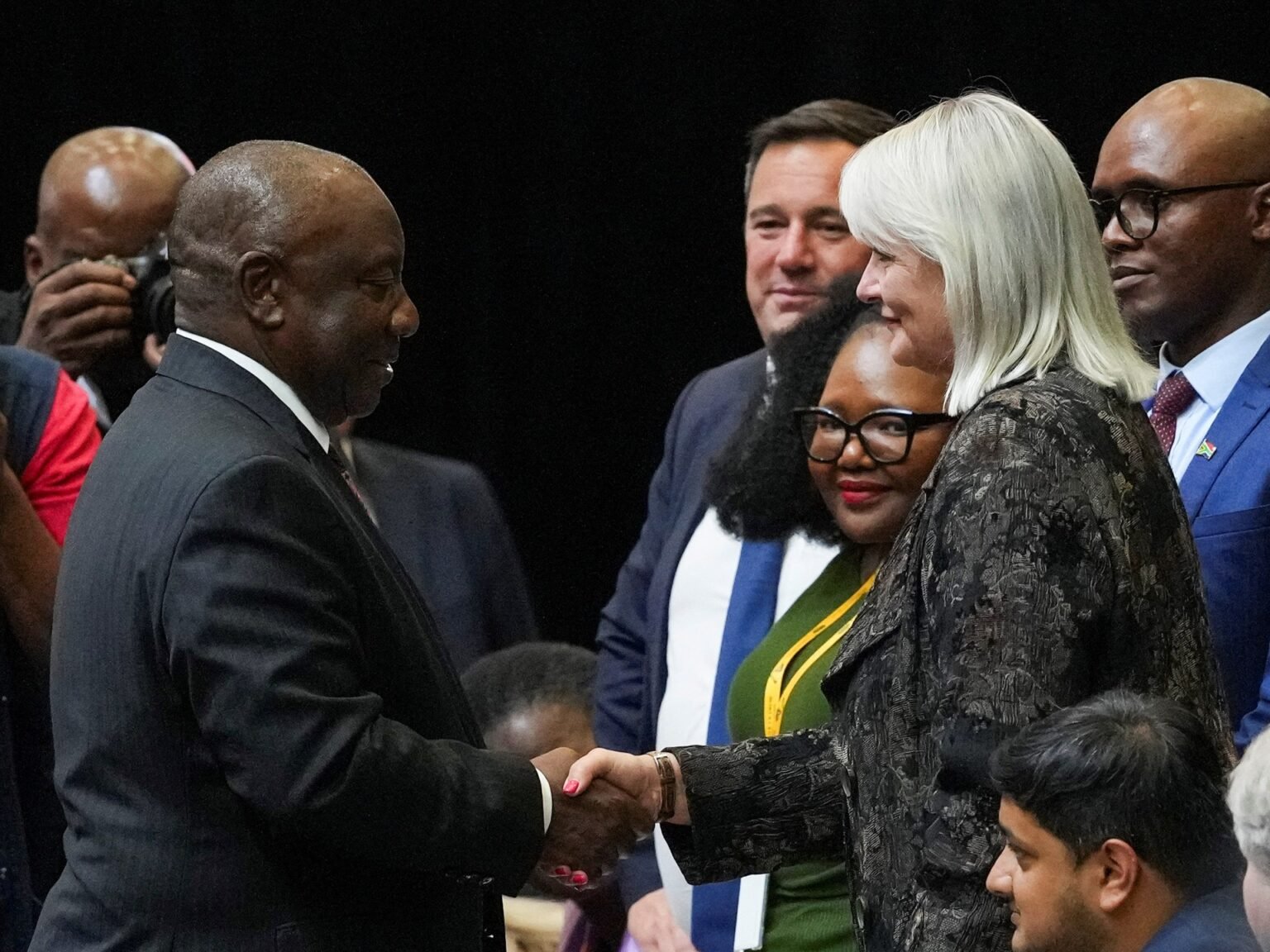The aftermath of South Africa’s landmark national elections, which saw the African National Congress (ANC) lose its majority for the first time and forced it to form a coalition government with the Democratic Alliance (DA), was marked by tense negotiations over the allocation of cabinet positions. The delay in announcing the cabinet by President Cyril Ramaphosa sparked fears and market reaction after the DA threatened to withdraw from the coalition. However, signs of an imminent agreement emerged as the ANC and the DA engaged in political bargaining, leading to a stronger rand and expectations of a market-friendly government with continuity in economic policies.
The negotiations between the ANC and the DA over cabinet positions were characterized by a series of meetings and correspondence, with the DA initially making several demands for powerful ministerial positions. The ANC considered the demands outrageous and sought negotiation with other parties as a backup. Despite initial tensions, a meeting between Ramaphosa and Steenhuisen appeared to have settled differences, but the DA later dug in with additional demands. Ramaphosa took a hardline response, giving the DA a take-it-or-leave-it offer, leading to further tensions and uncertainty about the coalition agreement.
As discussions continued, the DA expressed commitment to working out a deal with Ramaphosa, while the ANC secretary-general suggested that the GNU discussions were almost completed. Despite the challenges, a commitment to finalizing the agreement was apparent as plans for the opening of the new parliament on July 18 were announced by Ramaphosa. The decision to form a coalition government following the ANC’s loss of support in the elections led to negotiations with smaller parties, resulting in a GNU comprising 10 parties, including the DA, Inkatha Freedom Party, and Patriotic Alliance, among others.
The DA’s demands for significant ministerial positions within the GNU highlighted their concerns about being overshadowed by the ANC and sought to assert their independence. The back-and-forth negotiations between the ANC and the DA reflected differing interests and anxieties about the dynamics of power-sharing in the coalition. The DA’s insistence on key ministerial roles, such as the Department of Trade, Industry, and Competition, raised objections from the ANC, indicating potential deadlock and challenges in reaching a final agreement. The DA’s aim to have influence in the executive branch and protect its political interests in future elections further complicated the negotiations.
The ongoing negotiations between the ANC and the DA revealed a delicate balance of vulnerability and assertiveness from both parties, leading to potential deadlock and uncertainties about the coalition government’s stability. The insistence on bringing smaller parties into the unity government by the ANC clashed with the DA’s preference for a grand coalition with the ANC. As the final talks between Ramaphosa and Steenhuisen focused on key ministerial positions, including the contentious Department of Trade, Industry, and Competition, the differences in economic policies and transformation efforts between the ANC and the DA became evident. The outcome of these negotiations will determine the extent of the DA’s influence in the GNU and their political standing in future elections.

